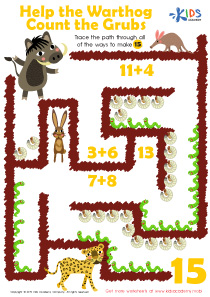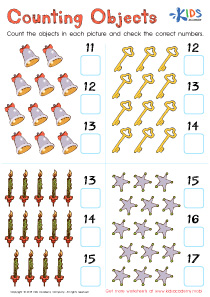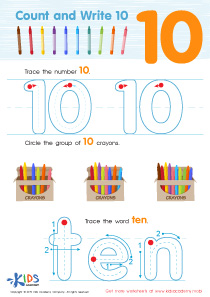Matching numbers Normal Kindergarten Numbers 0–10 Worksheets
3 filtered results
-
From - To
Unlock your child's mathematical potential with our "Matching Numbers Normal Kindergarten Numbers 0–10 Worksheets." Designed for young learners, these engaging activities help children develop essential number recognition and matching skills in a fun, interactive way. Each worksheet features vibrant illustrations and number prompts that capture students' attention, making learning enjoyable. Perfect for classroom settings or at-home practice, these resources are aligned with early educational standards to ensure a solid foundation in mathematics. Boost your child's confidence in numbers while fostering a love for learning with our thoughtfully crafted worksheets. Start matching numbers today and set the stage for future success in math!
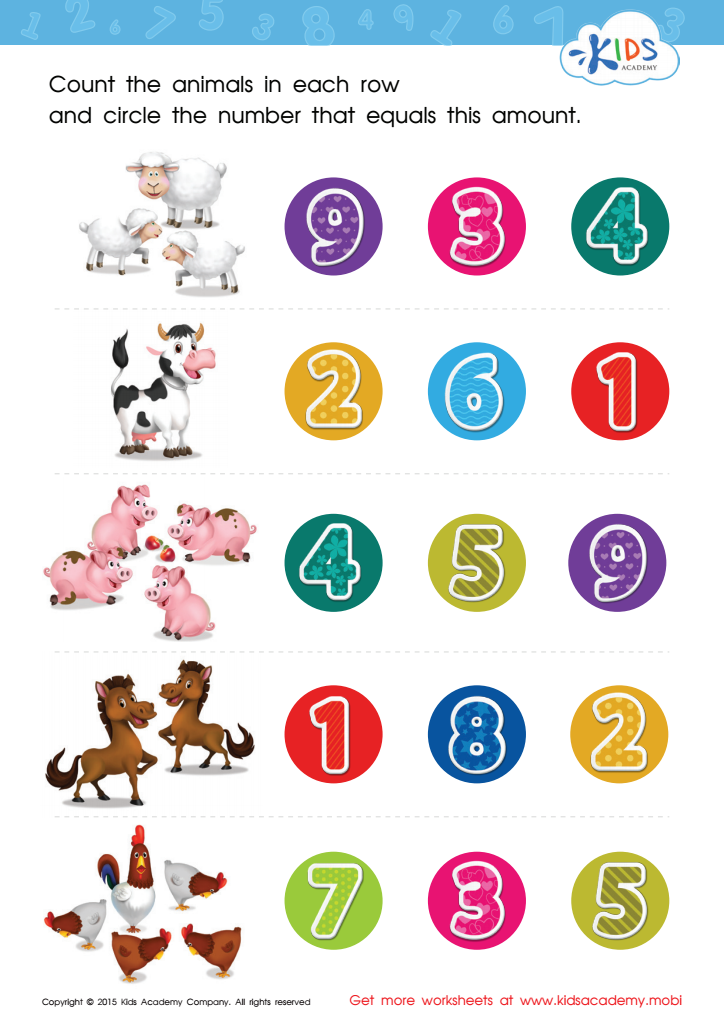

Count and Match 1 – 5 Math Worksheet
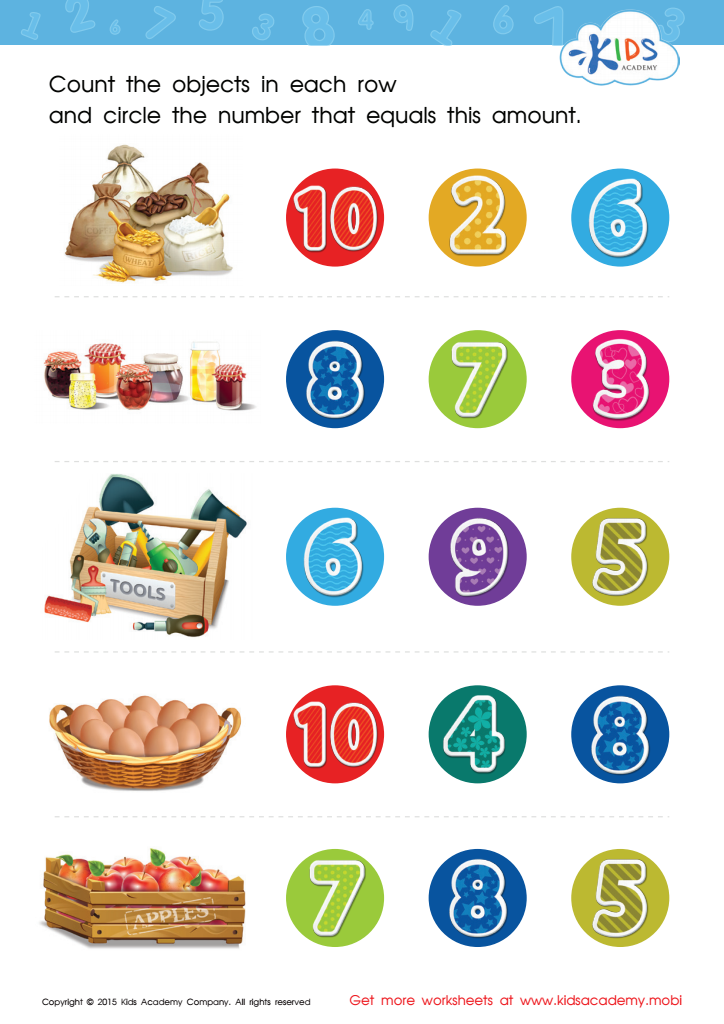

Count and Match 6 – 10 Math Worksheet
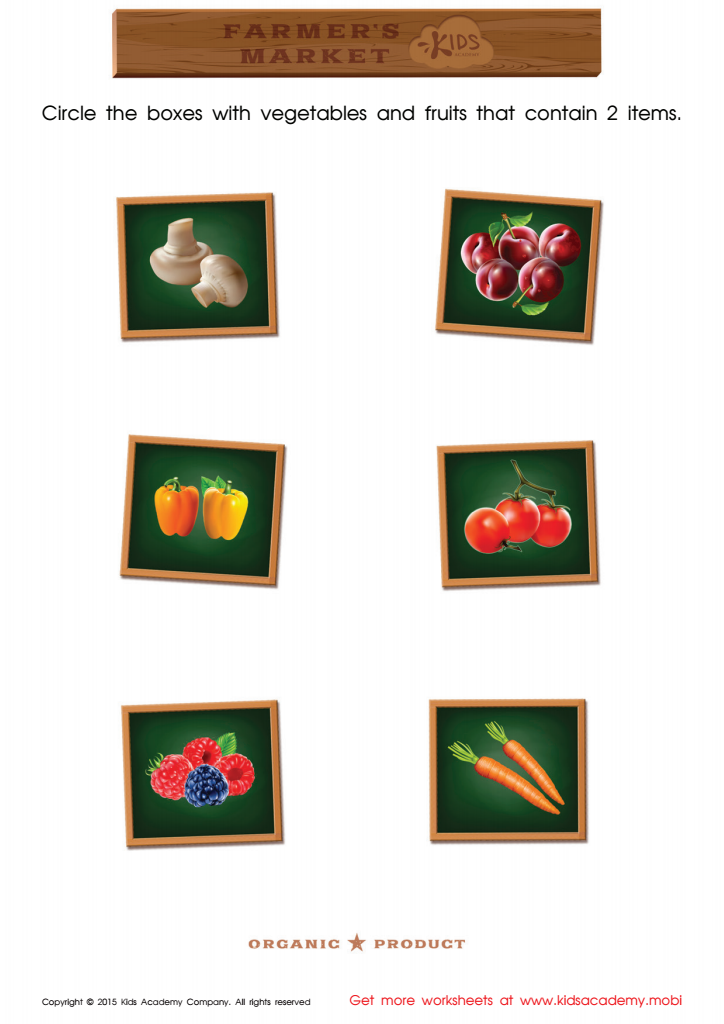

Count and Match Vegetables and Points Math Worksheet
Matching numbers in kindergarten, specifically numbers 0 to 10, is a foundational skill crucial for young children's cognitive development. Parents and teachers should care about this early learning milestone for several reasons. Firstly, it lays the groundwork for understanding mathematical concepts, such as counting, addition, and substraction. When children learn to recognize and match numbers, they gain confidence in their numerical sense, which is essential for future academic success.
Additionally, matching numbers helps improve children's fine motor skills, as they practice activities that require coordination and precision, like using manipulatives or drawing numbers. It also supports critical thinking and problem-solving skills as children engage in games that require them to categorize and compare numbers.
Furthermore, this skill fosters distinction in understanding quantity versus symbols. Children learn that numbers represent actual amounts in their environment, enriching their everyday experiences. Engaging parents in this process reinforces learning at home, builds stronger bonds, and creates a consistent support system for the child’s education. Promoting number matching not only prepares children for maths but also nurtures their confidence, independence, and enthusiasm for learning overall. Therefore, both parents and teachers should prioritize this important developmental task in early childhood education.
 Assign to My Students
Assign to My Students



